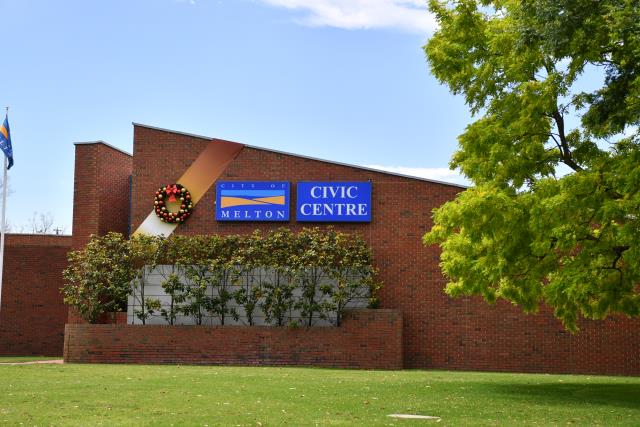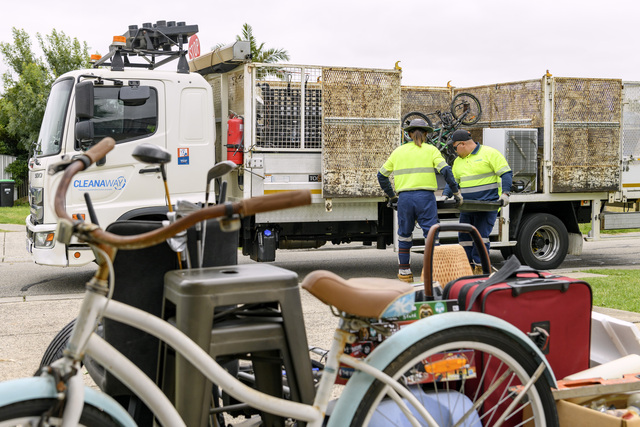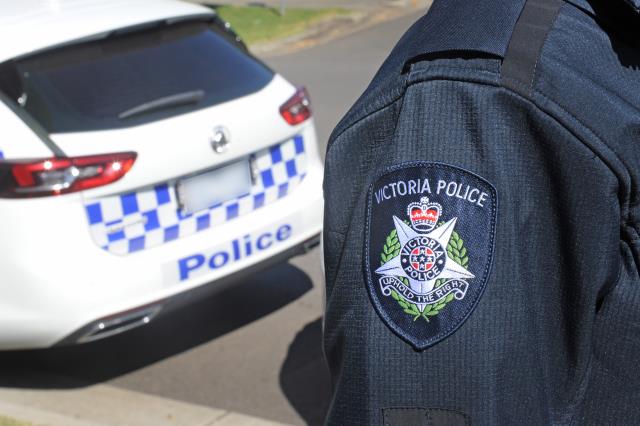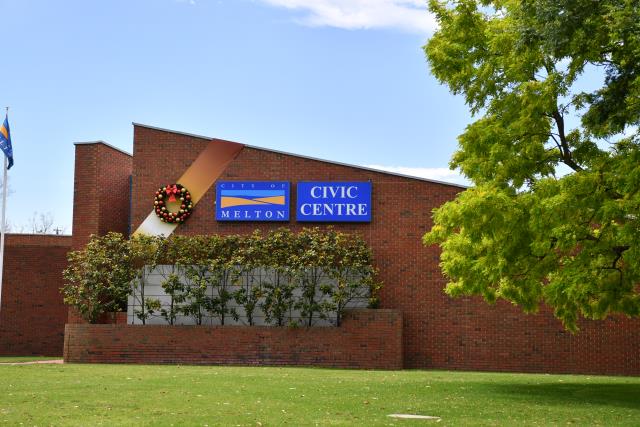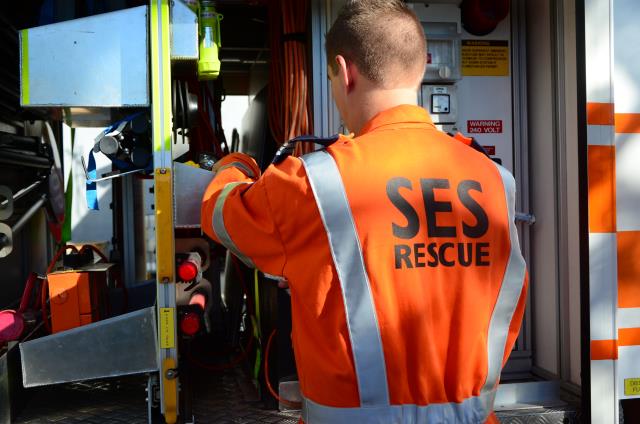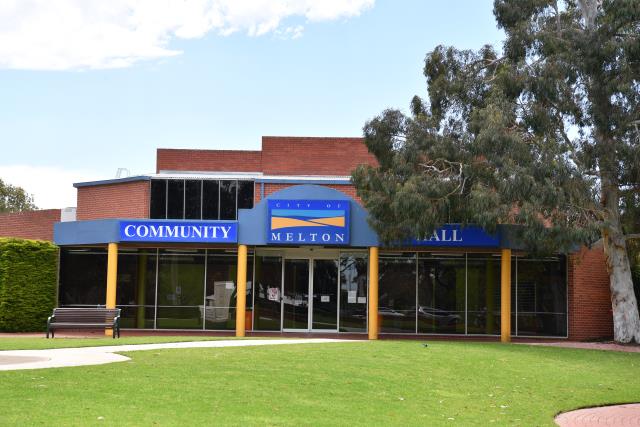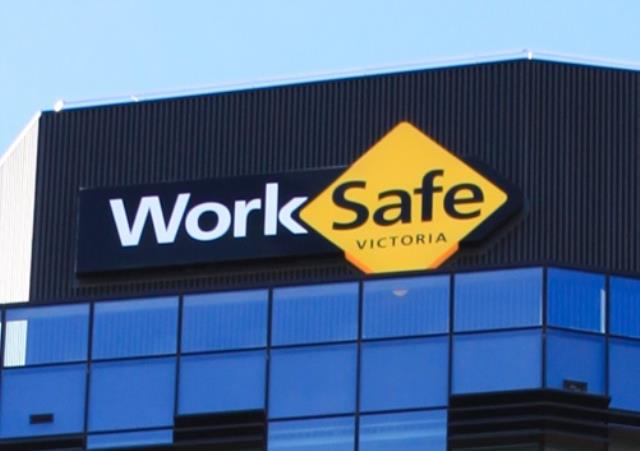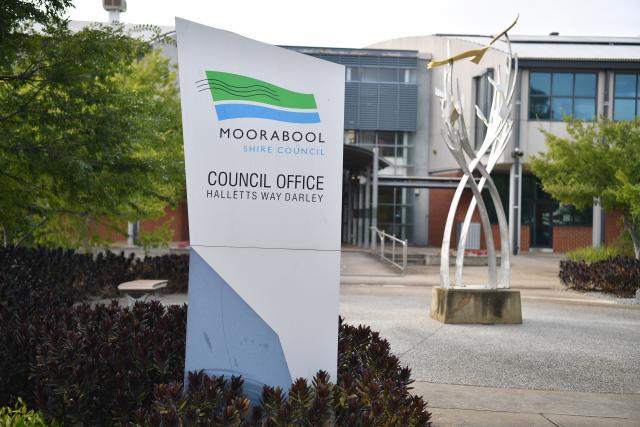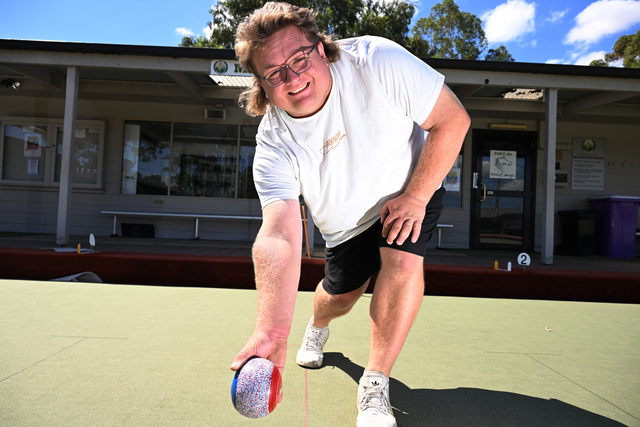MELTON Council has not ruled out following other municipalities in doubling rates for local pokies venues and channelling the money to problem gambling programs.
Community planning manager Adam Boyle said rate additions could be considered by council as part of its annual budget process.
Mr Boyle said the council sought to ensure that community-benefit contributions from local venue operators conformed with the provision of any additional machines and provided a fair return and investment into other programs.
“Within reviews of its responsible gaming policy and annual budget programs, any possible rate additions could be considered by the council in balance with local social, economic and environmental conditions,” Mr Boyle said.
Last week, the neighbouring council of Wyndham approved a proposal to apply different rates on venues with pokie machines as part of a two-year responsible gaming strategy.
This comes as Manningham Council in Melbourne’s east prepares to vote on a motion that would double rates for five of eight gaming venues in the municipality.
In 2010, Moreland Council introduced higher rates for 11 gaming venues, funnelling the extra money into education programs and schemes to help problem gamblers.
Municipal Association of Victoria president Bill McArthur said additional council rates was a “totally acceptable” approach to combat problem gambling. “It’s an initiative for most councils to generate help for problem gamblers, and if there are local initiatives it’s a welcome move,” he said.
“Local governments are charged with the wellbeing of their communities.”
But Australian Hotels Association state deputy chief executive Paddy O’Sullivan said pokie venues already paid their fair share of rates. “This is councils attempting to double-dip for the purpose of local council services,” Mr O’Sullivan said.
“These venues pay a significant tax to the state government to operate gaming at their businesses and that money goes into the government’s community support fund. The fund pays for counselling and treatment programs for problem gamblers.”



